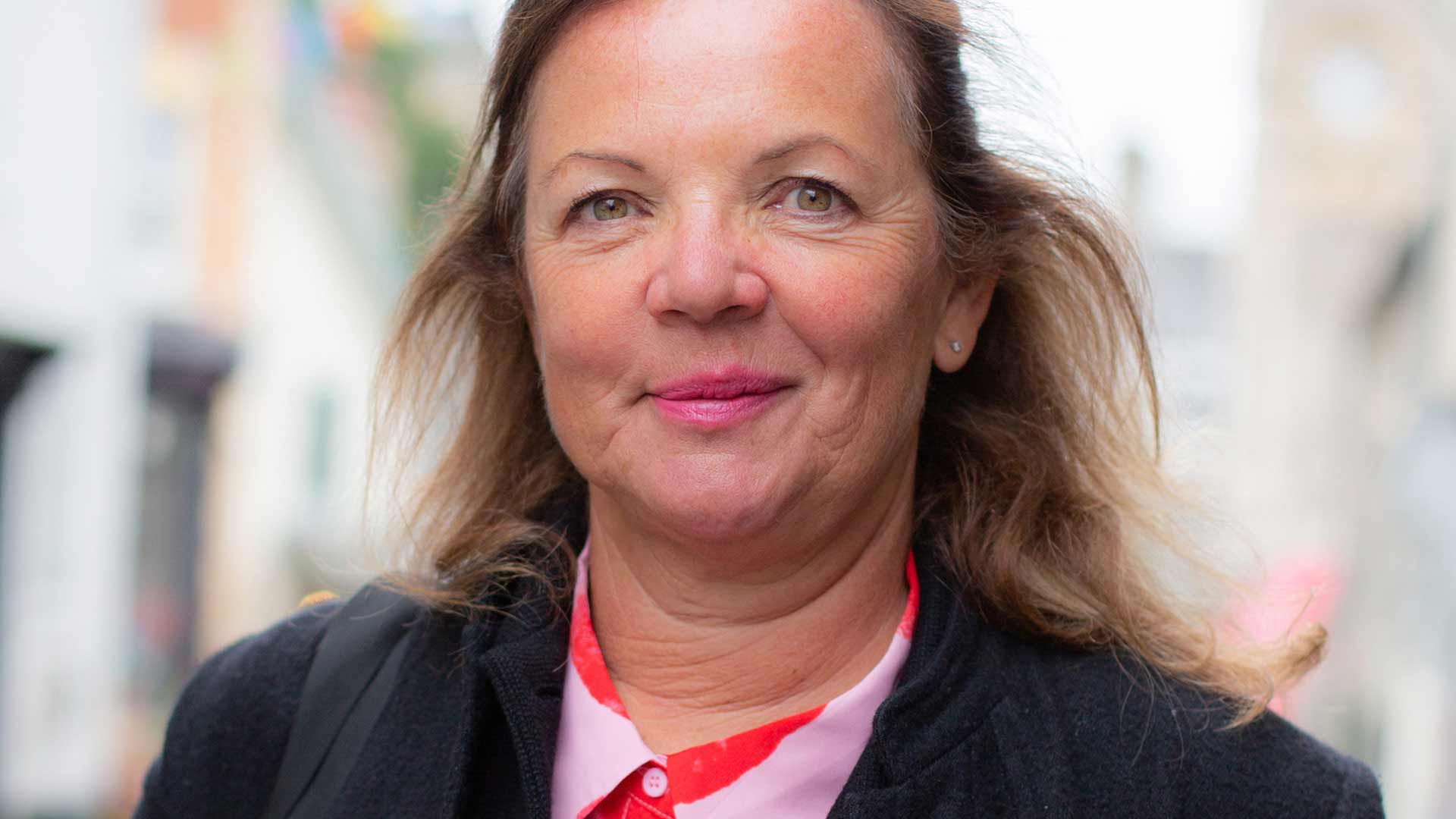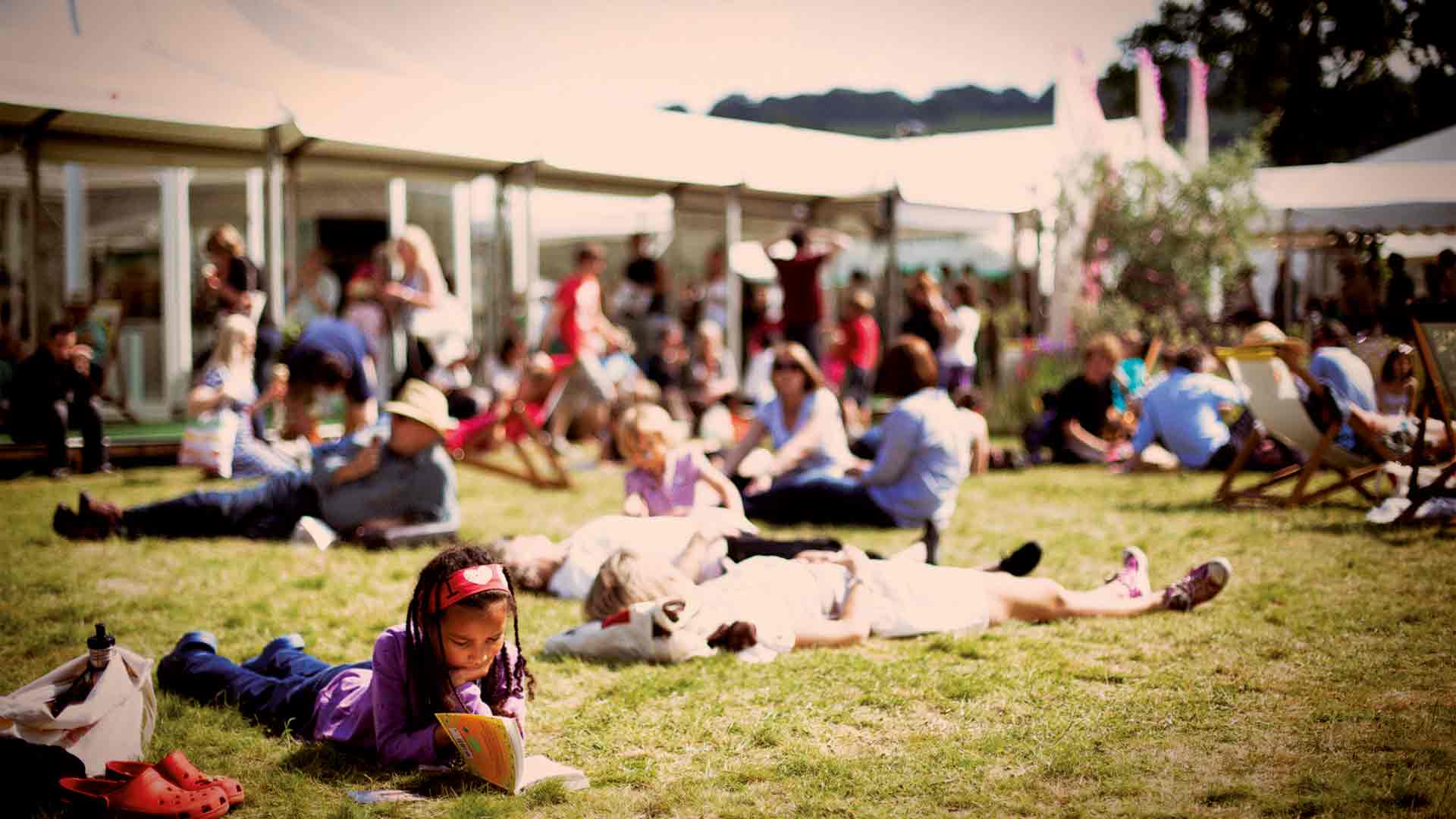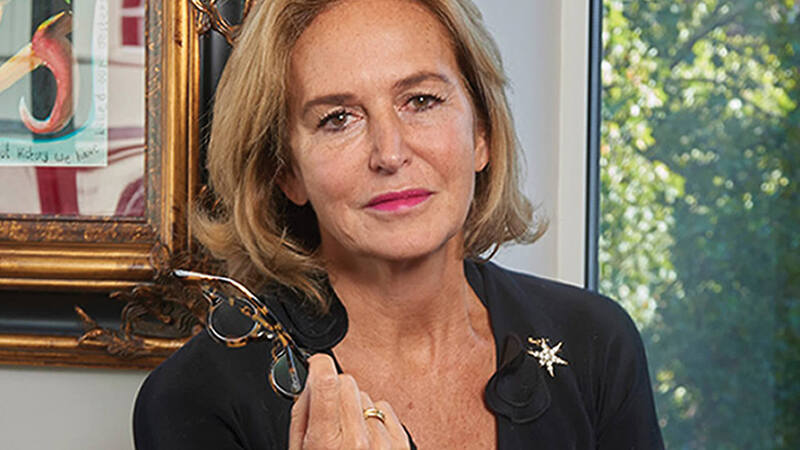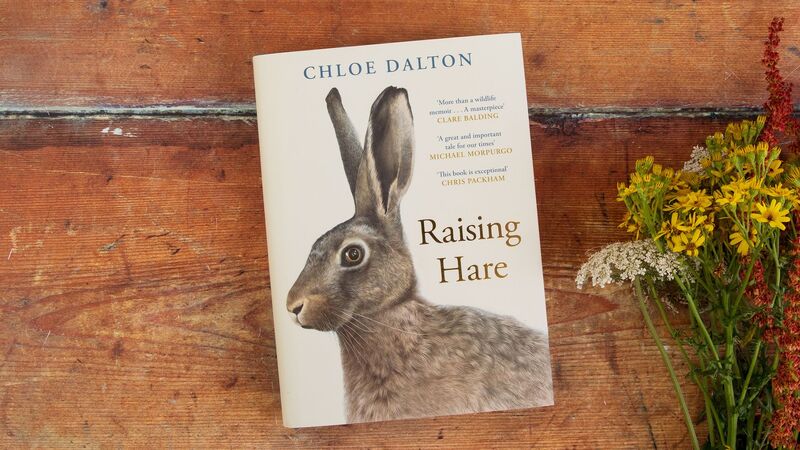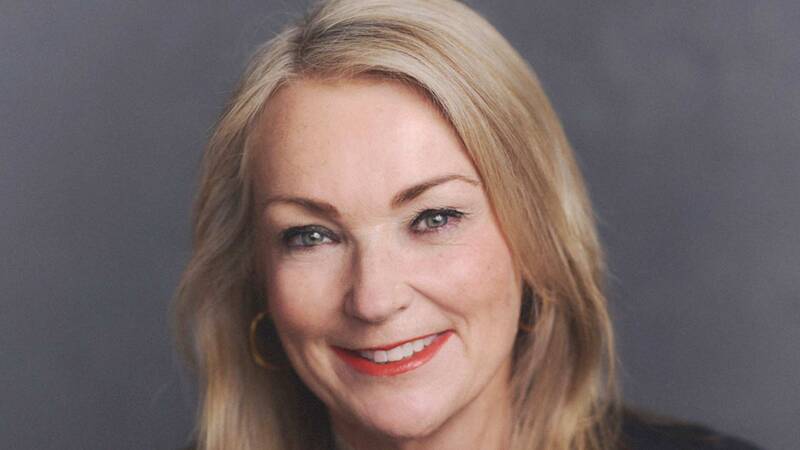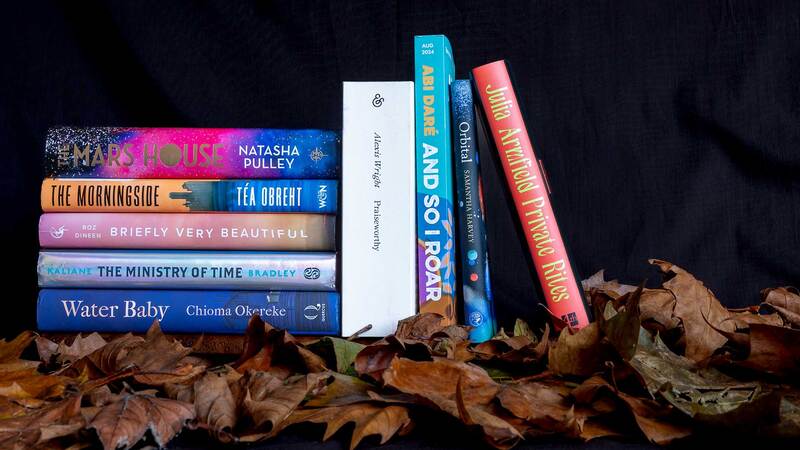You are viewing your 1 free article this month. Login to read more articles.
Hay Festival chief feared 'decimation' of festival over Baillie Gifford controversy
Hay Festival’s chief executive Julie Finch imagined the “possible decimation of the festival, a wasteland of a site empty of audiences” as the event hemorrhaged half a million pounds amidst Fossil Free Books’ campaign against Baillie Gifford.
Finch spoke on “The Festival Fossil Fuel Fiasco” episode of Tortoise’s The Slow Newscast about how staff struggled to cope with a deluge of cancellations and abusive phone calls.
Hosted by Stephen Armstrong, the podcast also features insights from lecturer and author Noreen Masud, a member of Fossil Free Books (FBF), writer Mark Lynas, arts consultant Martin Prendergast and The Bookseller’s editor Philip Jones, all offering contrasting points of view on the legitimacy of the campaign and its impact.
FFB’s high profile campaign, which was supported by a large number of writers and campaigners, led to wide-spread cancellations across festivals sponsored by Baillie Gifford including Hay and the Edinburgh Literary Festival. Eventually the asset management firm’s sponsorship across all the nine books festivals was stopped.
Tortoise’s podcast traces the conversation back to January 2023 when Scottish investigative journalism platform Ferret first reported on links between Baillie Gifford’s investments and fossil fuels.
Finch said that the situation intensified for Hay when campaigners linked Baillie Gifford’s investments with the war in Gaza. “I think what’s important here is that FFB were at that point simply talking about the environment and a single issue,” she said. “Conflating it with the Middle East really created a scare and the point of difference for authors.”
Masud said of the link between the climate crisis and Gaza: “To me it’s absolutely inextricable - from the genocide in Gaza, in both directions. We know that the expansion and development of fossil fuels involves putting in pipelines through Indigenous territory. It goes the other side as well. We know that the genocide in Gaza is having a really serious impact on the climate.”
Lynas said: “I actually think that bundling all this together into a kind of grabbing of leftist concerns is really problematic—I think it’s a strategic mistake and shouldn’t have happened.”
On the subject of pressure on authors, Masud said she never felt pressured by the campaign’s messaging to authors and Finch agreed that “in terms of protests on-site during events, that suggestion was made in the letter in quite a friendly way, in terms of being supportive to writers and artists”.
However, Lynas was more critical of FFB’s suggested protests at festivals. “It’s interesting to have been in that situation and know what it feels like. If you get security to drag them away you look like the bad guy, if you do nothing and let them stand there then you just fail and your event’s over, do nothing then you look weak and your event has failed. So the threat of that is very powerful and very intimidating actually.”
Much of the podcast focuses on the fall-out as a groundswell of speakers began to withdraw after receiving letters from FFB, with Labour MP Dawn Butler cancelling her appearance on 20th May. A politician pulled out, then one of our earliest writers pulled out and went viral on social media without any discussion with the festival, so that started to ramp up the situation,” Finch said.
Cancellations continued over the next few days and were triggered significantly by social media, Finch believes. "The cascade effect was obviously being fuelled by the number of letters that were being sent and through social media. I think that is a critical part of these campaigns that social media and misinformation are central to how these campaigns take flight. Really intelligent people who were going on our stage didn’t think for a minute to give us a call...to say ‘Hang on, we’ve just received this, what’s your stance on this’. Stopping to think didn’t occur to people, they just reacted.”
Within days, festival staff were “struggling to keep up with the number of authors joining the boycott,” Armstrong said.
Finch said: "It became quite a complex situation to manage and impossible to replace all the people who were then cancelling." She added: "There became an avalanche of withdrawals and cancellations from our A-listers who were due to appear in our 750-seater, so each time there was a cancellation we had to refund the tickets. So, as you can imagine, there were thousands of pounds slipping through our fingers every 10 minutes.
“Over a two-hour period which was incredibly intense we experienced these successive withdrawals. At the same time, we were receiving phone calls from anonymous people—to our front-line staff—that we were contributing to murdering children in Gaza... [Against] the threat of more cancellations and the possible decimation of the festival, I began to see a wasteland of a site empty of audiences because there was nothing left.”
As Hay staff learned that the campaigns are making their way through A-Z, Armstrong said and the festival was “hemorrhaging money”, Finch described how the team felt increasingly desperate: "We spoke to Baillie Gifford and we spoke to Edinburgh, who were key colleagues in this. We understood what the implications were for these festivals but our job was to save the festival."
By this point, Hay was facing a loss of half a million in ticket sales far outstripping the £130,000 in sponsorship [from Baillie Gifford], Amstrong said. He added: “According to the Charity Commission rules, they could reject the money, so Finch declined the money.”
She likened the situation to “armed robbery” and said: “It was a critical point and it was the only decision we could make knowing that the fall-out was also unpalatable. Charities don’t have significant reserves, the decision we took was at that critical point and in no way was it in support of any campaign.”
Finch criticised FFB calling on Hay to urge Baillie Gifford to divest investments. "That was misplaced, we were never a campaigning organisation so we could never have had that conversation,” she said.
On whether Baillie Gifford’s sponsorship was seen as a “soft target” compared to Amazon and other companies, Masud said: "I am a believer in action that makes change and I will start with wherever I can get a wedge in the door. And with Baillie Gifford we were able to get a wedge in the door. They are tiny, tiny steps lasting years and years and years which gradually withdraw creditability from certain modes of investment... We’ve already got some evidence that investments are being quietly withdrawn.”
However, Prendigast believes the future of arts funding in the UK is now at risk. “It’s under threat because sponsors are now thinking: ‘Why would I bother? There’s a reputational risk to me sponsoring the arts... I was going to move some of my funding from sports into the arts but I’ll keep in the arts’."
The nine festivals previously supported by Baillie Gifford, including Hay, appealed for increased support in July.




